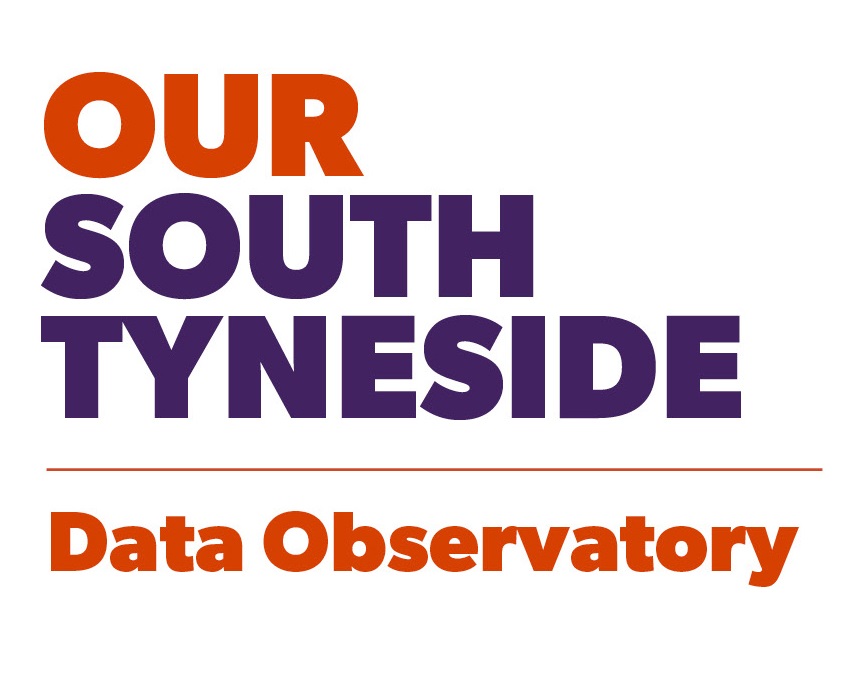Policy & Insight Team, 30th October 2025
This month, the Policy & Insight Team co-produced this blog alongside colleagues in Procurement to explore what social value is and how it has had a positive impact on communities, residents, employees, and the environment in South Tyneside.
Social Value in Procurement
Councils buy many goods and services to keep public services running. This includes things like software and building work. When they need a supplier, they send out a tender (an invitation to bid to supply goods, services or works), then the winning bid is awarded the contract. This process is called procurement.
The Public Services (Social Value) Act 2012 says public bodies must think about how the services they buy can bring extra benefits. These benefits can be economic, social, or environmental. The Act applies to contracts over £180,000, but many councils, like South Tyneside, choose a lower limit of £100,000 to maximise benefits. Bids are scored on price and quality, as well as social value. For bigger contracts, typically 10% of a bid’s overall score is for social value. New rules say councils should also support government missions (targets) and work collaboratively with other organisations to support local and small to medium sized enterprises (SMEs).
Social value must be separate from a contract’s goals. For example, if a contract is to support residents in getting a job, new jobs cannot be counted as social value. Instead, social value could include how the supplier will train and support staff working on the contract, or whether the contracted firm will make use of local providers throughout. One example is a grounds maintenance contract that added over £25,000 in volunteer hours and £8,000 in donations to local projects.
South Tyneside Council’s Approach
Social value is part of South Tyneside Council’s Procurement Strategy for contracts over £100,000. Bids are judged on cost, delivery, and social value. The social value aspect is measured using Themes, Outcomes, and Measures (TOMs) which align with government goals and help when comparing bids.
The five Themes are:
- Decarbonising and Safeguarding our World – Make places cleaner and greener. For example, use electric vehicles or do litter picks.
- Supporting Growth of Responsible Regional Business – Help local firms join supply chains. For example, spend more with local suppliers.
- Promoting Social Innovation – Find new ideas and solutions. For example, share roles across councils.
- Promoting Local Skills and Employment – Help people learn skills and find jobs. For example, hire apprentices or work with schools.
- Healthier, Safer and more Resilient Communities – Support local groups and projects. For example, give time or money to community groups.
The council also uses the Supply South Tyneside scheme to use local suppliers where possible. Rules include:
- For supplies and services under £213,477 – At least 2 local and 2 non-local suppliers must be invited to bid
- For works under £213,477 – At least 2 local and 1 non-local supplier must be invited to bid
- For works between £213,477 and £500,000 – At least 2 local and 2 non-local suppliers must be invited to bid
Helping local firms win contracts keeps money in South Tyneside. It also supports our organisational ambitions and the South Tyneside Pledge, where members promise to spend and hire locally where possible.
Social value is scored on risk and value, based on whether a supplier can carry out their commitments and meet the Council’s requirements. In competitive bids, social value can decide who wins the contract, though cost and delivery still make up a large part of the evaluation process.
The Value of Social Value
When evaluating social value of a bid, TOMs give cash value to things like hiring an apprentice or volunteering. During a contract, the Council measures providers’ progress against the TOMs through regular meetings. In recent years, there have been some excellent examples of social value delivery:
- The Help to Live at Home service provides £1.4 million in social value each year, including £1,243,526 through local hiring and training, £151,508 toward staff wellbeing, and £13,052 in community works.
- The Customs House refurbishment created over £1 million in social value, including £906,840 through local supply chains, £84,296 in local jobs and skills, £14,716 worth of carbon emissions reductions through green vehicle usage, £1,500 in community projects, and £679 for skills innovation.
- The Mortimer School extension pledged £563,631 to local supply chains, £1,914 in cutting carbon emissions, and £2,395 toward promoting skills in schools.
Spending in 2025
The council tracks all local, regional, and external spending. Local spend means spending in South Tyneside. Regional spend means spending in the North East Combined Authority area, also known as the LA7. External spend means spending outside of South Tyneside and the North East CA area.
Since 2010, the council has spent:
- Over £1.5 billion with local firms – £600 million in the last five years
- Over £2.3 billion with regional firms – £1 billion in the last five years
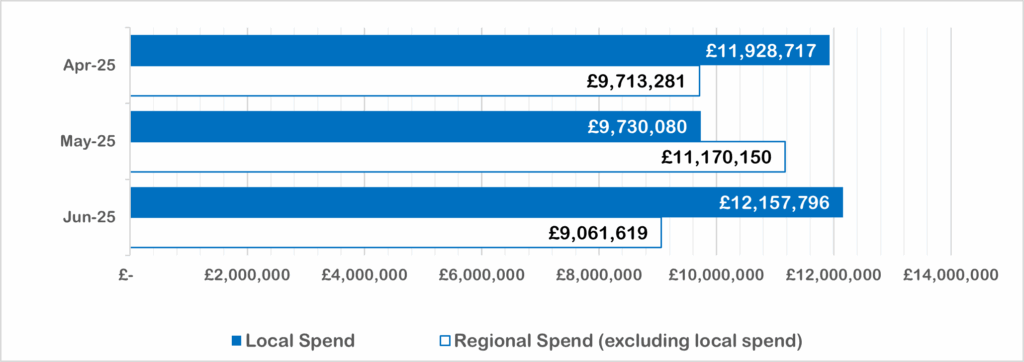
Between April and June 2025, the council spent almost £34 million locally (roughly 42% of all spending) and £64 million in the NECA area (roughly 79% of all spending). The total social value commitments during this time totaled £1,694,639:
- Decarbonising and Safeguarding our World: £17,328
- Supporting Growth of Responsible Regional Business: £907,434
- Promoting Social Innovation: £3,226
- Promoting Local Skills and Employment: £733,109
- Healthier, Safer and more Resilient Communities: £33,542
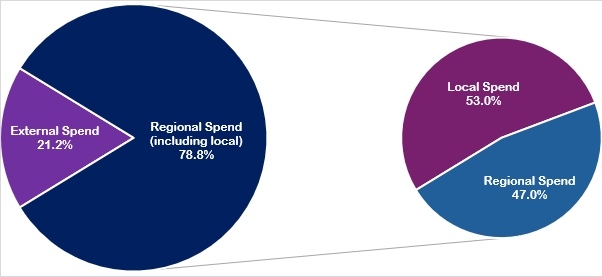
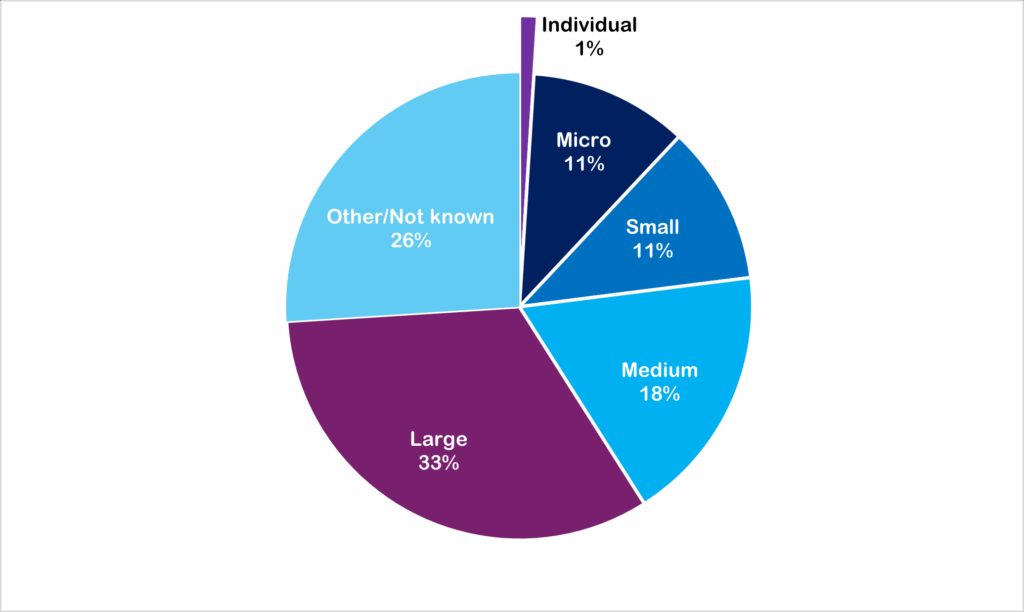
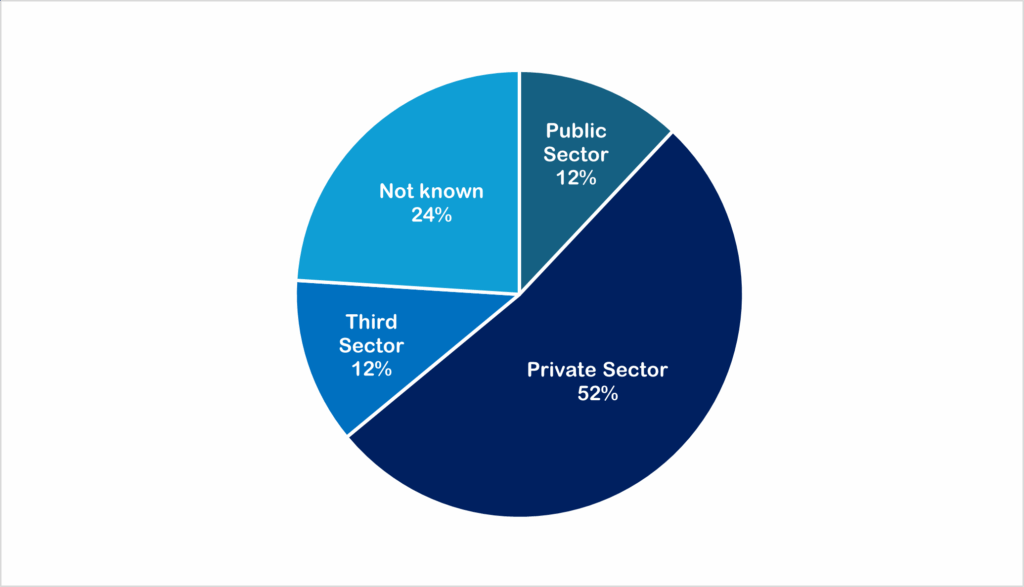
There are many reasons why the Council might choose to award contracts to firms outside of South Tyneside or the North East – local businesses may not have the time, resources or capability to deliver certain contracts. Despite South Tyneside Council’s weighting in favour of local providers, it isn’t always suitable to keep things local.
Overall, the data shows an extensive and growing commitment to both the economic and environmental wellbeing of South Tyneside and our communities. By prioritising social value through the use of local suppliers (including SMEs), investing in skills, training, people, employment, and caring for our environment and communities, the Council is not only supporting immediate interests of the borough, but is also ensuring that contractors are investing in long-term local prosperity through our South Tyneside centred approach to procurement.
